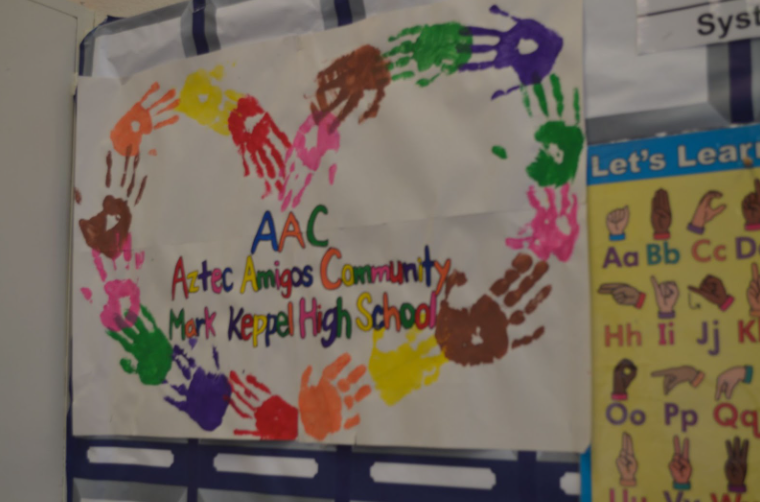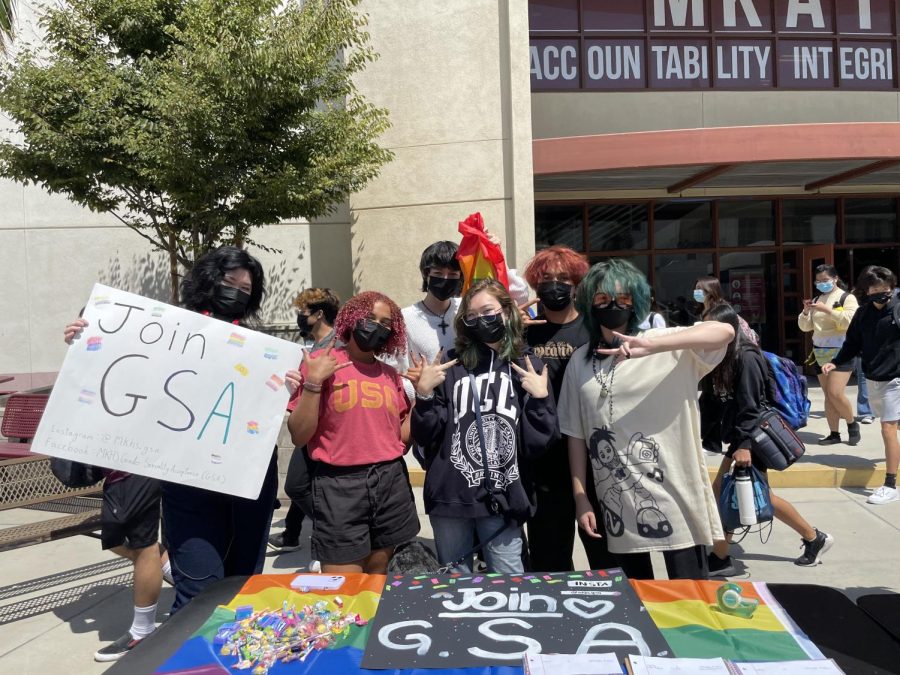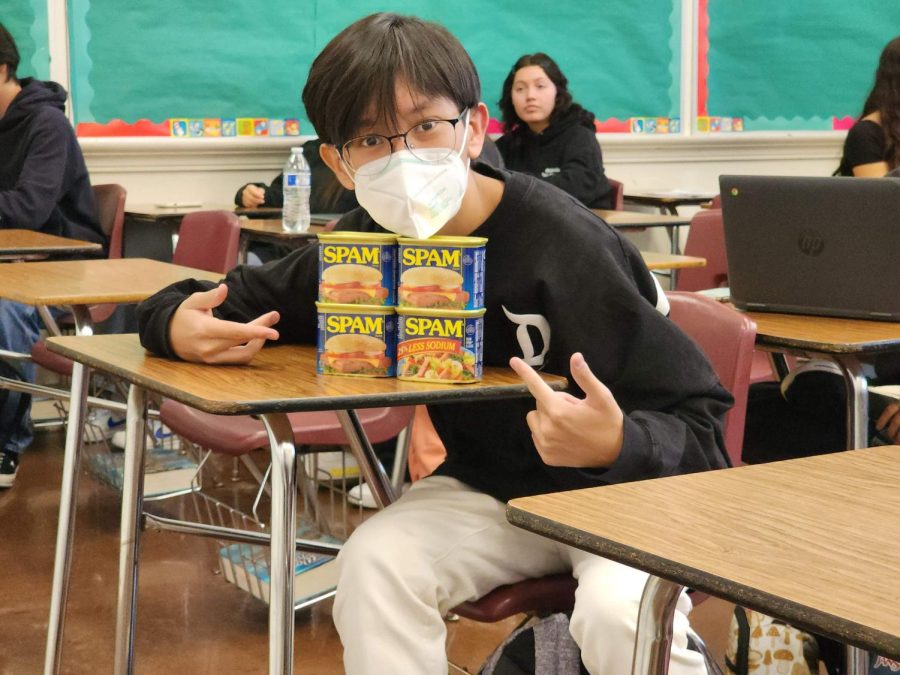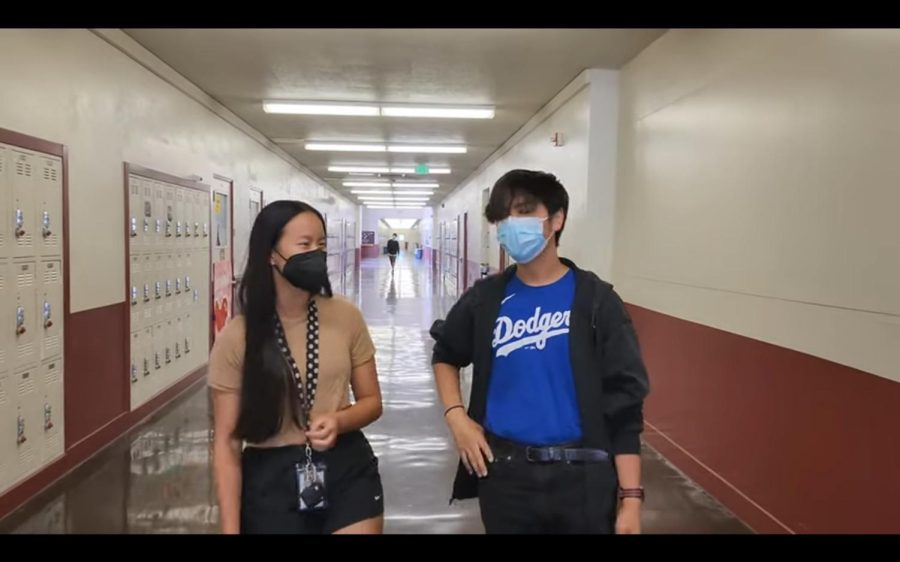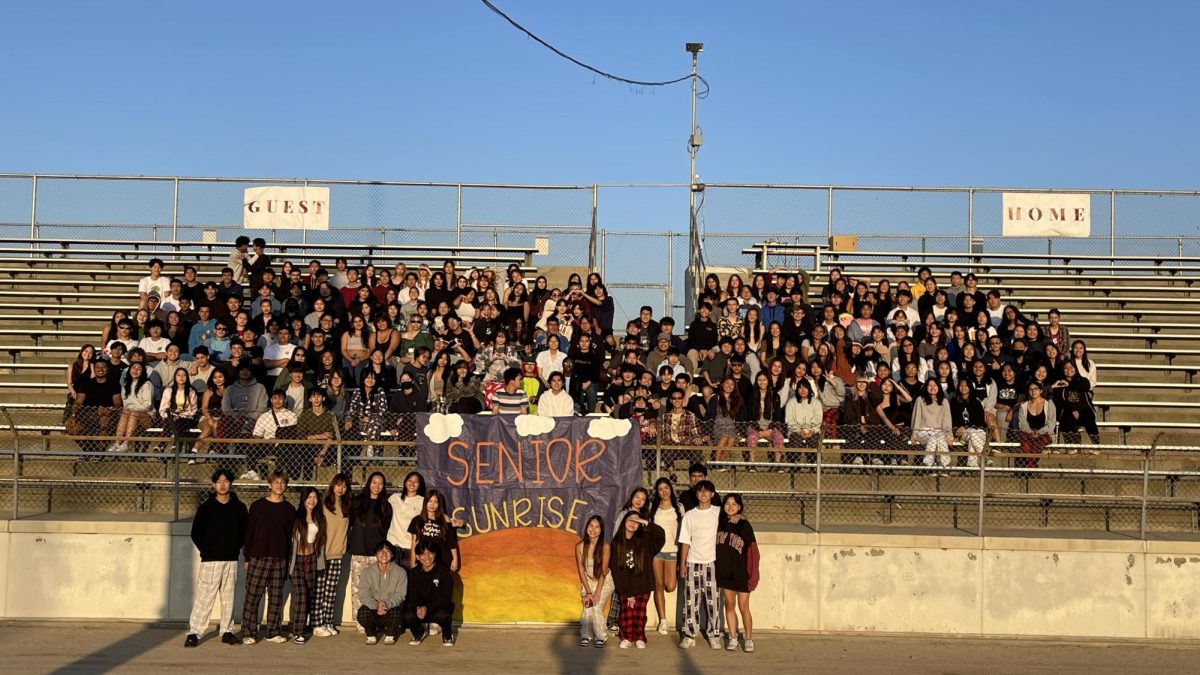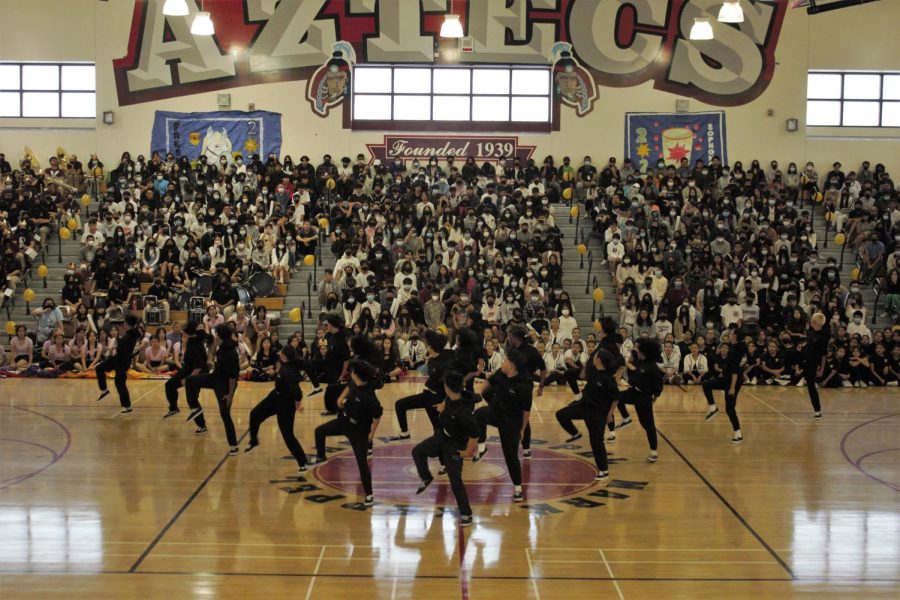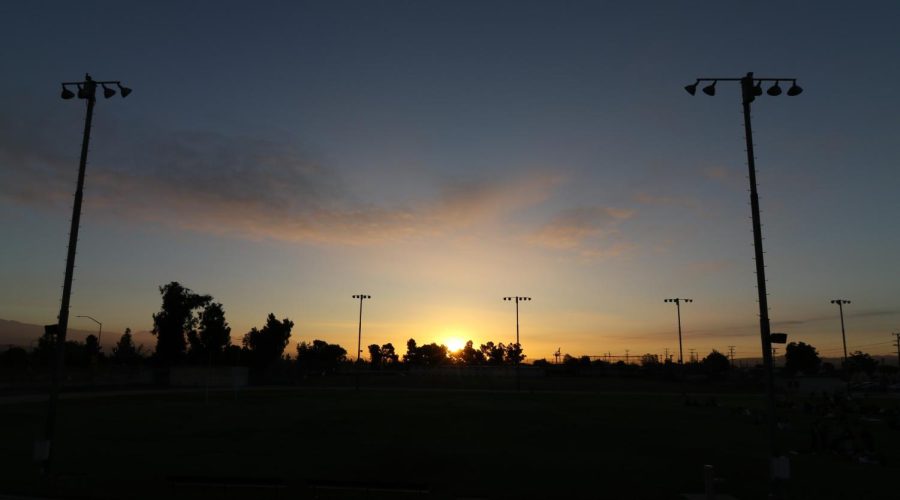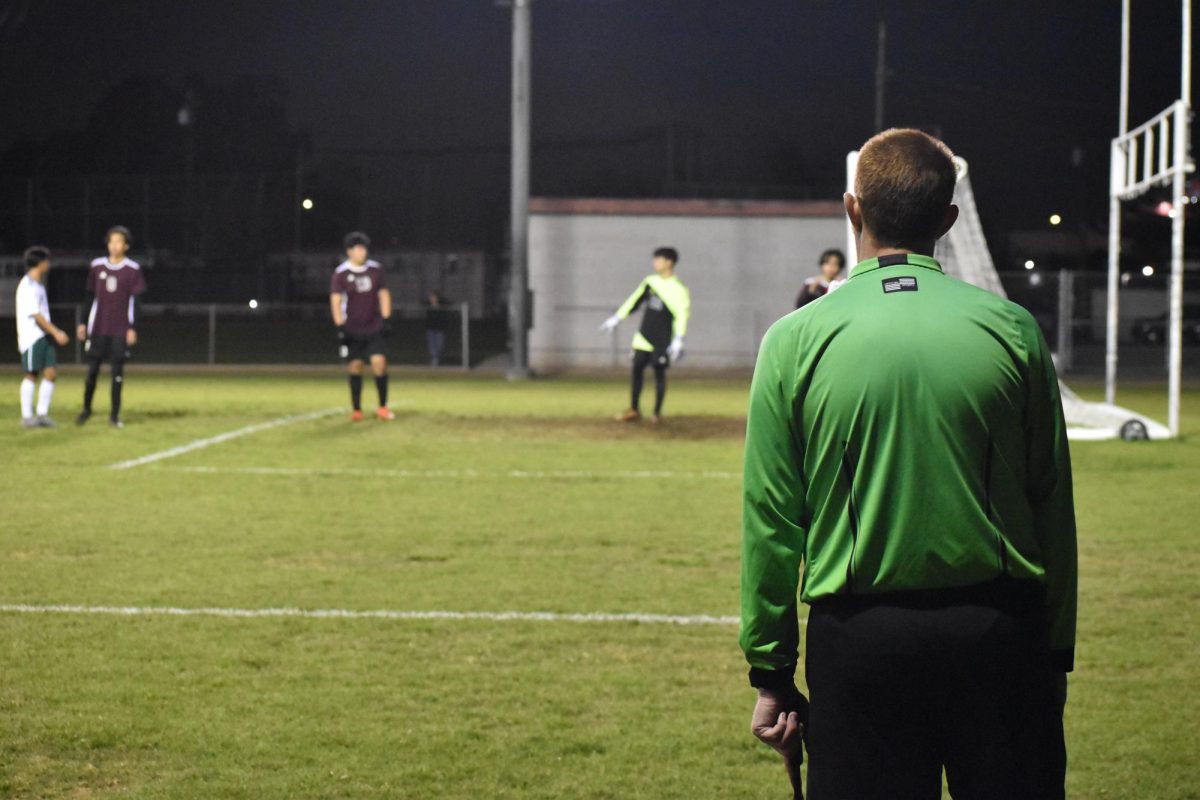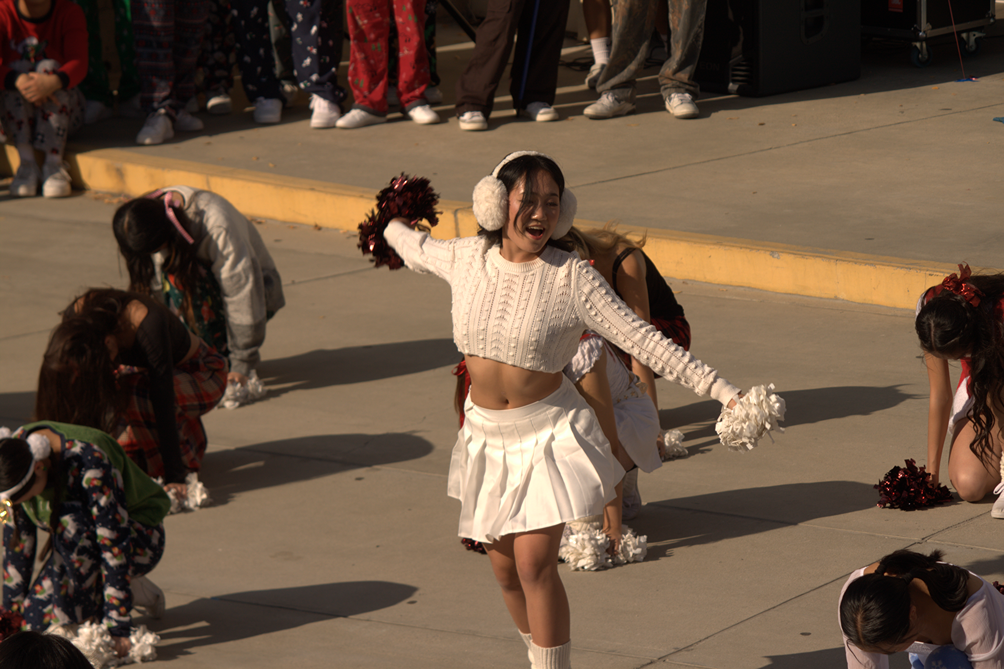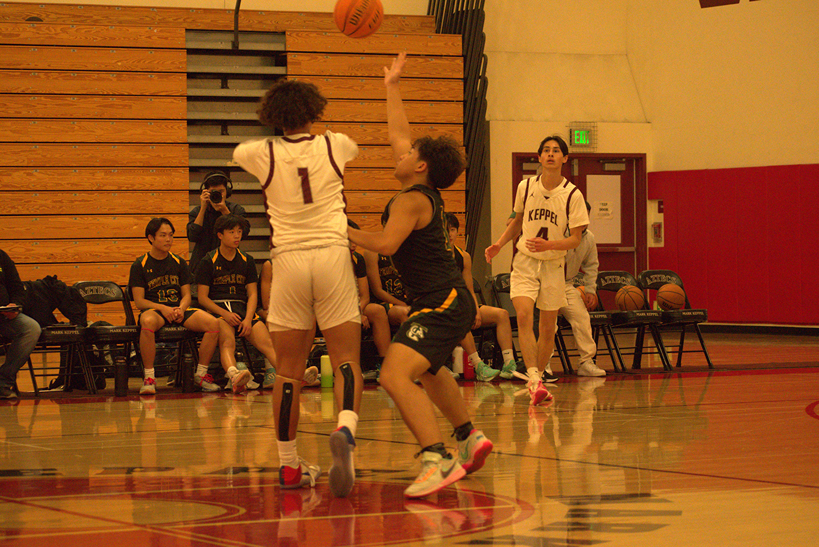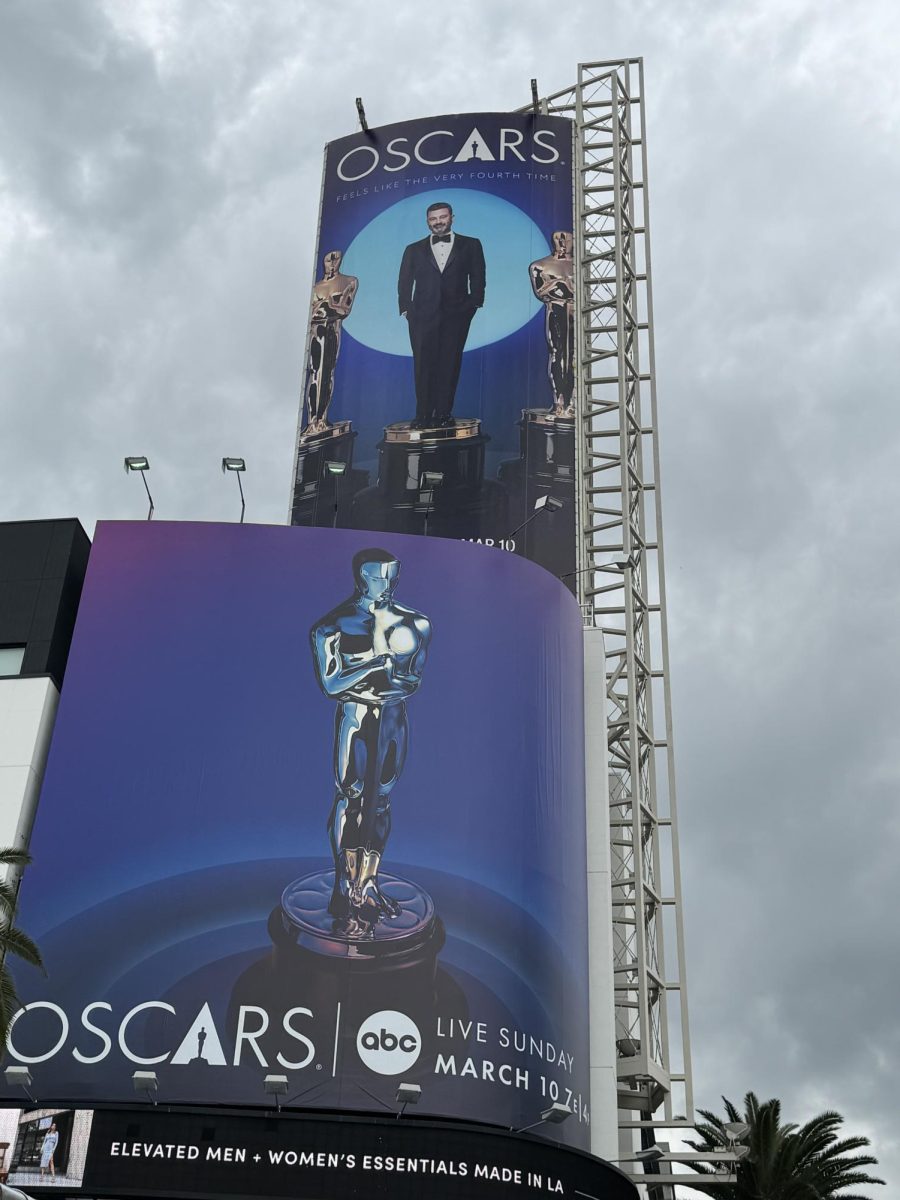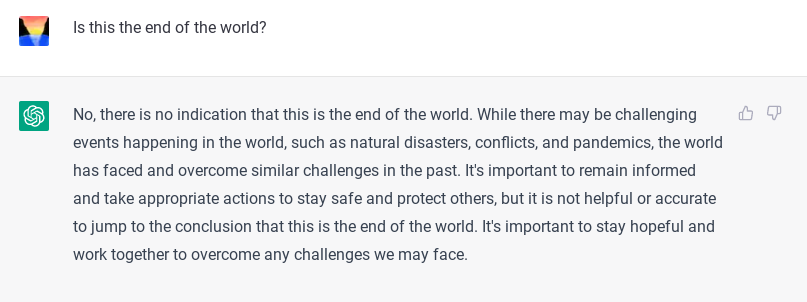Looking at the Messages of 13th: In Commemoration of Juneteenth
Juneteenth is an annual federal holiday that commemorates the end of slavery in the United States on June 19, 1865. On June 17, 2021, Joe Biden signed Bill 117-17 and thereby designated Juneteenth a legal public holiday, though it has been celebrated since the late 1800s. Even though African Americans had been free
d for more than one and a half centuries, they are still suffering from clear discrimination and racial bias in society. For a better view of the problem, we can see how such ideas in American society are displayed in the documentary 13th. It was released on October 7, 2016, and some of its messages are still relevant today.
The Thirteenth Amendment, passed in 1865, makes it unconstitutional for someone to be held as a slave…unless that someone happens to be a criminal.
“Except as a punishment for crime” is a loophole in the Amendment which people have used to force African Americans to once again be demoralized into a subservient position. After slavery became abolished, people immediately began to use this loophole to refill the labor shortage from the lack of slaves. Large numbers of African Americans were arrested right after the Civil War, creating the nation’s first prison boom. This boom of African American incarceration falsely gave people the perception of black criminality, the idea that African Americans were

evil and committed to wrongdoings. It was these African American criminals that were an integral part of rebuilding the Southern economy after the Civil War. Along with a white propaganda movie called Birth of a Nation, the Ku Klux Klan, or KKK, was revived and began its terrorism of African Americans. Lynching, shooting, and other forms of murder and abuse of African Americans became so frequent that many people of color fled to the North, eventually settling in cities like Harlem, Chicago, New York, and Los Angeles. When such organized terrorism became outlawed, people turned to other ways to display their hate for the colored community. Segregation through the Jim Crow laws became the new norm in the South, with signs reading “White” and “Colored”, with the colored sign always labeling something significantly downgraded from whatever was labeled “White.” This inequity drove the Civil Rights movement, which fought for the rights of colored people and desegregation. Major civil rights activists and protestors like Martin Luther King Jr. and Rosa Parks were not seen as the heroes they are today, but as criminals that violated segregation laws. This mass arrest of civil rights protestors again dramatically increased the US prison population. The nation’s view of African Americans was again confirmed by this boom in the incarceration rate.
With the pressure of protests, marches, and petitions from civil rights activists and movements, President Lyndon B. Johnson finally signed the Civil Rights Act and the Voting Rights Act in 1964 and 1965, respectively. Despite this, President Richard Nixon’s hope for “Law and Order” once again glued the label of criminal on African American communities. His “War on Crime” and “War on Drugs” initiatives were clearly targeting the African American communities, where drug addiction and dependency were rampant. Rather than dealing with these problems as health issues and giving aid to the African American communities suffering from these issues, Nixon’s law enforcers simply arrested people of color en masse, with millions landing in jail for possession of varying amounts of drugs. Nixon also used subtle racist terminology to sway voters on board with his plans without fully revealing them as racist plots to round up African Americans, but a reporter revealed his initiatives when he deadpanned that they were “all about throwing black people in jail.” Later on, President Ronald Reagan and his wife’s “Just Say No” to drugs brought even more people to their side and with the idea of the war on drugs, with few realizing its real intent on harming colored communities that caused a “scythe through black communities, literally cutting off men from their families…disappearing into our prisons, and for really long times” according to incarcerated activist Pat Nolan. African Americans being thrown in jail appeared on TV news screens all over the US, this time representing colored people as “super predators.” Very rarely did the news reveal the truth: many arrested African Americans were actually innocent, and were released only years later -if at all- after their innocence was proven. The California “three strikes and you are out” law allowed more African Americans to land in prison since they can be arrested for even mild offenses. All of these additions to the criminal system caused a “hyper incarceration” boom that is strongly biased towards the African American community. For the people with the strength and courage to try to stop this trend of law creation and African American incarceration, the same things always happened to them: murder, assassination, exile, exclusion, and discreditation.

Even today, African Americans are disproportionately represented in jails and prisons. And most people are there because of their lack of money. “We have a criminal justice system that treats you better if you’re rich and guilty than if you’re poor and innocent. Wealth, not culpability, shapes outcomes.” Colored people plead guilty to crimes they didn’t commit so they can get a plea bargain rather than face trial due to the fear that they will lose. One historian noted “We have a criminal justice system that treats you better if you’re rich and guilty than if you’re poor and innocent. Wealth, not culpability, shapes outcomes.” After they are locked up, whether they are guilty or innocent, they face excruciating conditions like contaminated food, claustrophobic cells, abuse and harassment from both other inmates and officers, and a total lack of social contact. Even after they get out, there is little chance of reentering society with a fresh slate going forward. Whether it is a food bank, job, voting, or health care applications, many of them will ask “Were you previously convicted of a felony?” This question caused these previous inmates to lose all rights that they had as citizens. As of today, 30% of African Americans in Alabama lost their right to vote because of a criminal conviction. Suddenly, the segregation laws had slid back into African American societies, only this time it was legal.
Why put all these millions of African Americans into prison? They generate profit for the state, for the government, and for the shareholders like Corrections Corporation of America, the leader in private prisons that keep their facilities full at all times. They are a multibillion-dollar business that gets rich off punishment, and the entire system has become so heavily monetized by this point. Therefore, increased rates of criminalization, especially of African American people, directly profited them. Telephone services from Securus Technologies, food services from Aramark, and healthcare services from Corizon Healthcare all have long contracts with huge incentives, which is a disincentive to providing service in the long run. Also, prison labor has become a large portion of human labor in the United States. Fashion lines, food, and basic commodities are all things that are manufactured in prisons, which are simply “profiting from punishment”. Lawmakers and enforcement are being lobbied to make sure that these systems remain intact due to the large amounts of profits made by these African Americans in the prisons.
Today, one out of seventeen white men enter jail at least once in their lifetime, compared to one out of three people of color entering jail. We need to pay more attention to how to uplift African American communities that are suffering, not throw them in jail like our predecessors. One of the best ways to bring about change would be through education. The aforementioned crime-riddled African American communities tend to see children growing up without both parents, which can damage their mental growth as their remaining parents have little time to raise them. Teaching children in those areas about drug abuse and providing drug-abusing adults in the community with drug abuse treatment plans can greatly decrease crime and other problems in those communities. As civil rights leader Martin Luther King Jr. once said: “The time is always right to do what is right.”
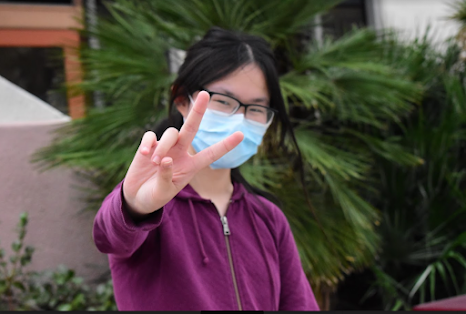
Amy Li is a senior and the President of the MKHS Choir Club. She enjoys drawing, photography, and listening to music, especially Olivia Rodrigo. She has...

